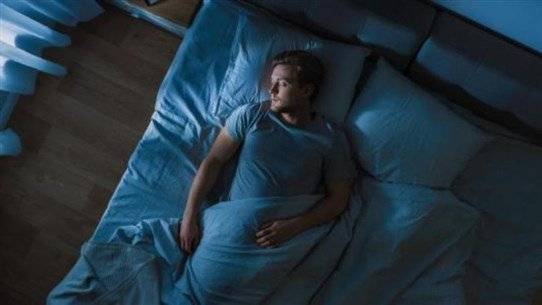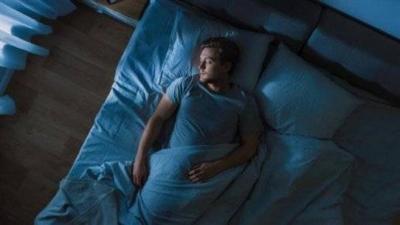Symptoms of "COVID-19" can persist for a while after infection, with some individuals experiencing "long COVID." The NHS noted that some people's sleep may be affected, but there are several techniques that may help. The British Heart Foundation (BHF) stated, "Each person's experience differs, so it is important to talk to your general practitioner about the symptoms you are experiencing. They can guide you on how to manage them better and inform you about other available support."
NHS Inform highlighted that during any illness, it is common to sleep more as your body fights the infection. However, it also notes that during recovery, "it is common to have disturbed sleep patterns." The health site added, "There are things you can do to help return to a better sleep pattern, for example, breathing and relaxation exercises can improve your sleep."
Common symptoms of long COVID include:
- Severe fatigue.
- Shortness of breath.
- Chest pain or discomfort.
- Memory and concentration problems ("brain fog").
- Difficulty sleeping (insomnia).
- Heart palpitations.
- Dizziness.
- Pins and needles.
- Joint pain.
- Depression and anxiety.
- Tinnitus and ear pain.
- Feelings of nausea, diarrhea, stomach pain, loss of appetite.
- Fever, cough, sore throat, headaches, and changes in taste or smell.
- Skin rash.
The NHS noted that recovery duration from COVID varies from person to person. It explained, "Many people feel better within a few days or weeks, and most will fully recover within 12 weeks. However, for some individuals, symptoms can last longer."




